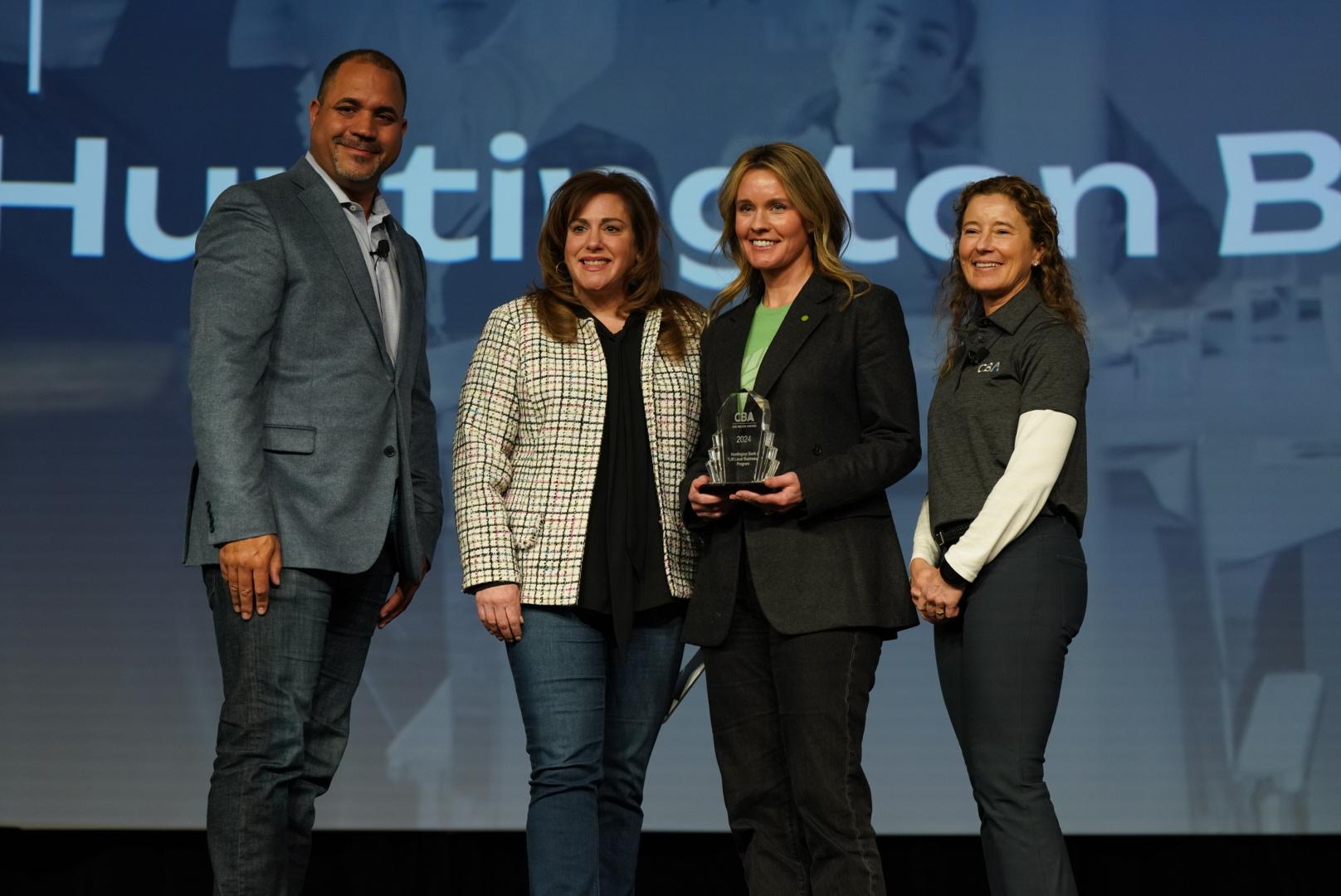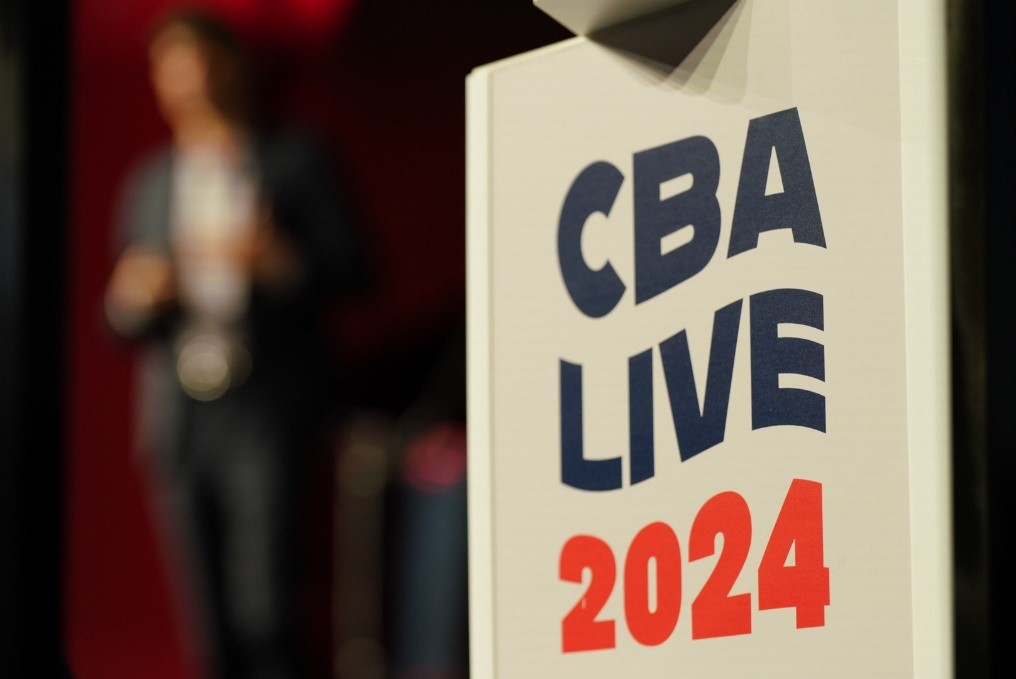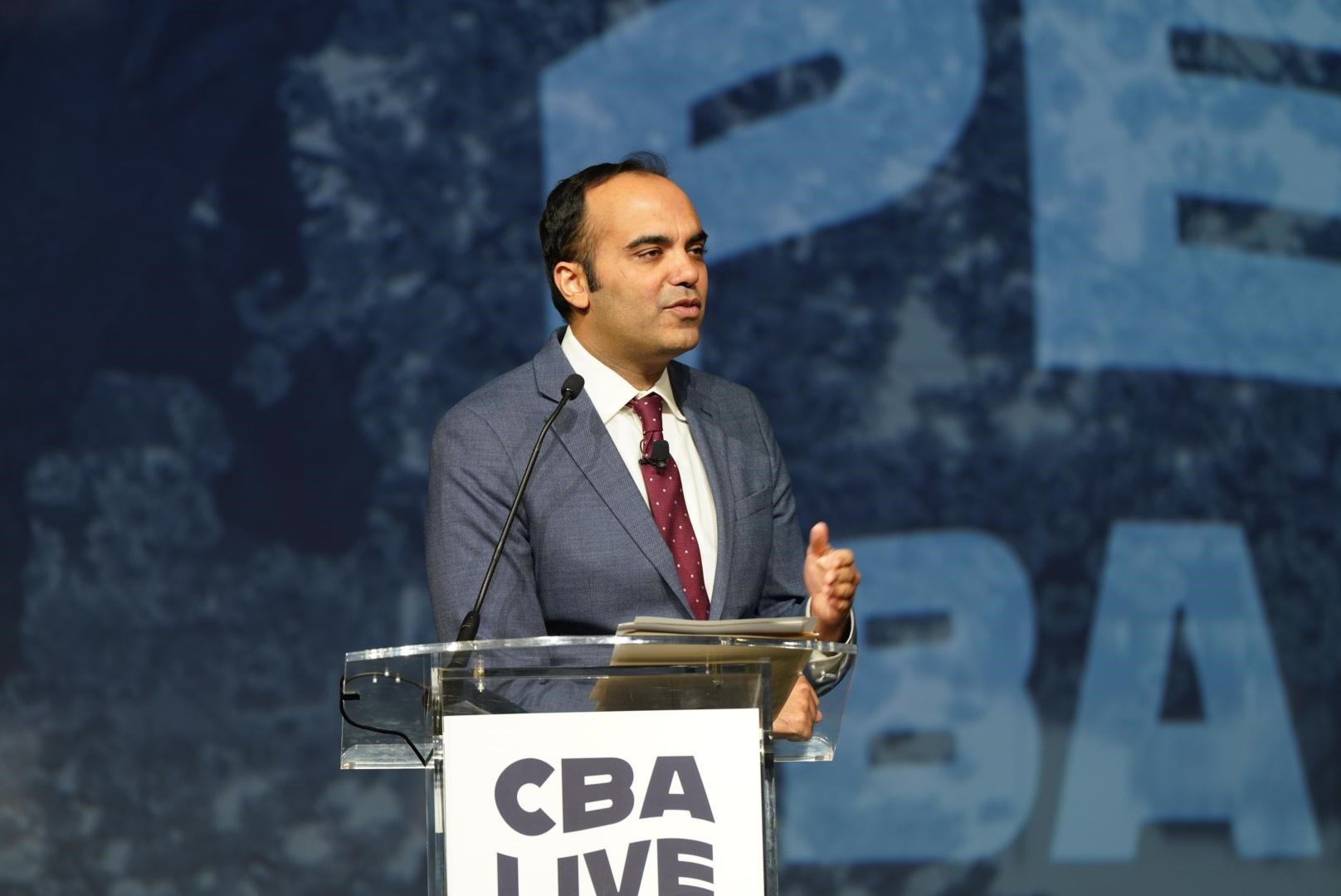New Study Examining PPP Fraud: Fintechs Represent 90% Of Lenders With Highest Rates Of Suspicious Loans

WASHINGTON – Consumer Bankers President and CEO, Richard Hunt, today released the following statement in response to a new study from researchers at the University of Texas, which found fintech lenders participating in the recent Paycheck Protection Program (PPP) were nearly five times more likely than traditional lenders to be involved with suspicious loans. The study also concluded nine out of the top ten lenders with the highest rates of suspicious PPP loans were fintech firms.
“This study reinforces the immediate need for policymakers to ensure all market participants, including fintechs, are held to the same broad oversight requirements as traditional banks. As CBA and many others have repeatedly warned, failure to act threatens the safety and soundness of the financial system and the high level of protection consumers deserve.”
During a keynote address yesterday at CBA LIVE 2021, Acting Comptroller of the Currency, Michael Hsu recognized the need for leading regulators to work together in providing a level playing field for all market participants as they seek to reform oversight standards, stating:
“Level playing field is very important. No one agency can level the playing field, so we can do our part for the things we control. What it really requires is coordination across the agencies. […] The idea is that we need to do this together so we’re not getting picked off […] by (market participants) who want to find the path of least resistance to a particular product.”
Here’s what they’re saying about the University of Texas Study:
- “Lead researcher John Griffin said the team looked at nine indicators, including four primary and five secondary red flags that could indicate misreporting by borrowers. ‘We … found widespread evidence of misreporting, and it’s not just random,’ Griffin said. ‘There’s a very strong pattern (showing) a cluster of fintech originators.” – USA Today, “Online financial companies' processes facilitated fraud in PPP loans”
- “Fintechs use digital technology to issue loans, hold deposits and provide other banking services, typically without physical bank branches. This newer model leans heavily on algorithms to screen loan applications and sometimes lacks the robust compliance procedures that traditional banks rely on. Fintechs also tend to face less oversight from regulators.” – CNN Business, Fintechs have a fraud problem with their Covid relief loans
- “The study found that three of the largest fintechs involved in the PPP effort -- Cross River Bank, Capital Plus Financial and Harvest Small Business Finance -- each generated more than $900 million in processing fees while also being responsible for loans that had high rates of misreporting.” – Bloomberg, “Fintechs Found to Be Much More Likely to OK Suspicious PPP Loans”
- “Among all lenders, 11 percent of loans had one flag showing it might be suspicious. Banks such as J.P. Morgan Chase, Bank of America and San Antonio-based Frost Bank fulfilled fewer suspicious loans than the industry average.” – San Antonio Express-News, “UT study flags one of every six PPP loans as suspicious, says fintech firms led possible fraud”
The University of Texas study was released just weeks after a report from The Bank For International Settlements warned of the significant risk to the global financial system posed by the lack of sufficient regulation and supervision among fintechs. Responding to the BIS report, Hunt said:
“Regulators must ensure the same level of consumer protections to new market participants as well-regulated and well-supervised banks. Failure to do so will harm America's financial system and the consumers we are all working to serve.”
In partnership with the SBA, America’s leading banks safely and successfully administered the Paycheck Protection Program to sustain small businesses at the height of the pandemic. Banker disbursed $405 billion– more than half of the total funds or 4.1 million forgivable loans extended – and ultimately helped protect more than 90 million American jobs.
At the same time, Members of Congress recently opened an investigation examining certain fintechs after the Department of Justice found in October 2020 that 75% of approved PPP loans connected to fraud were from fintech lenders.
To learn more about today’s study from the University of Texas, click HERE.



